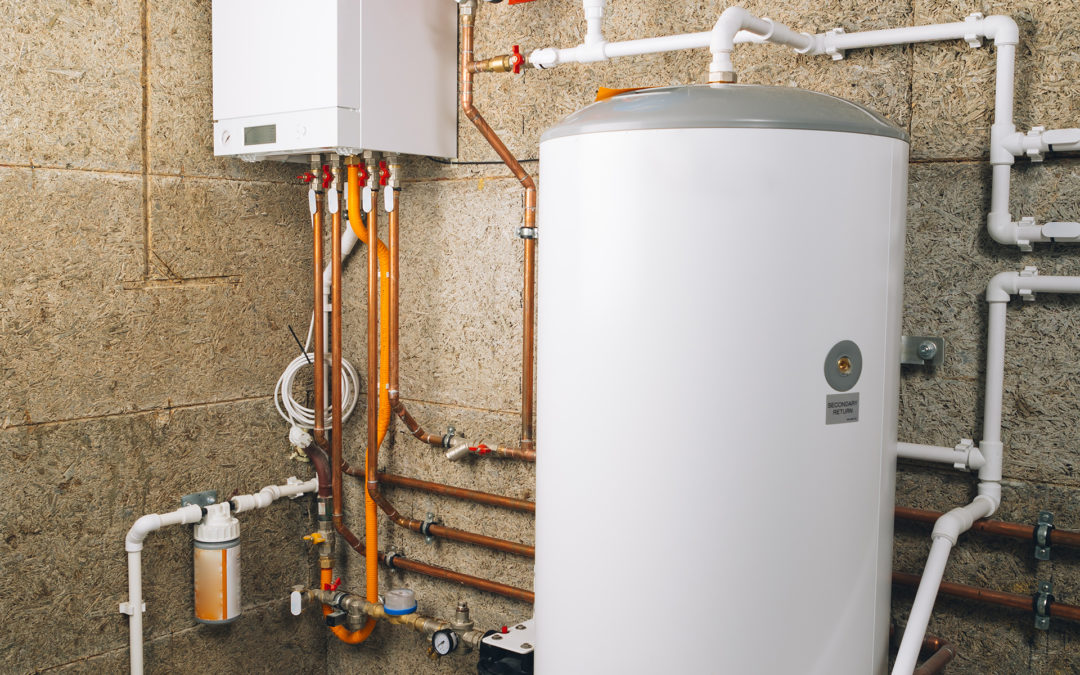Learn how to check for hard water in your home using different methods and explore the greatness that water softener has to offer.
Hard water is as painful as it sounds…not only is it hard on your skin, hair, and clothing, but it’s also hard on your home. Over time, hard water can result in deposits of calcium carbonate, calcium sulfate and magnesium hydroxide building up inside your home’s pipes and boilers. This build-up ultimately results in slower water flow and reduced heating efficiency.
Before going out and getting a water softener, I’m sure you’re wondering: How bad is the hard water in my home? Is it worth adding another expense?
Here are three efficient and cost-friendly ways to check the hard water in your home.
Check The City’s Website
First things first, be sure to check your city’s website to better understand the quality and health of the water. A new report is released each year to provide you with an update on the drinking quality, hard water number, and where the water comes from. The information in Regina’s Water Quality Report, is regulated and reported to the Saskatchewan Water Security Agency.
In-Home Water Test
After checking the water quality report, try this simple at-home water test. Take a clear, clean bottle and fill one-third of it with tap water. Then, add a few drops of pure liquid dish soap to the bottle, and shake.
Once you have shaken the bottle, check the reaction. If your bottle is cloudy with a thin layer of bubble, you have hard water. If the bottle is still filled one-third of the way with water and had two-thirds of soap, you have soft water.
Testing Kit
If you’re looking for another testing method, give a testing kit a try! Most hard water testing kits are relatively inexpensive and easy to use. You can find one at your local store, or online and they should range in price from $12 – $24.
Most kits have a different number range setting, but they will always use a colour gauge. To test the strip, be sure to follow the instructions and watch for the results. When comparing your results, the lighter the colour (towards the zero scale) the softer your water, and the darker the colour (most cases are red) the harder your water is. If you fall in the red or dark red zone, we recommend considering getting a water softener to avoid further buildup and deposits in your home.
Need Help?
Once you have explored all of your testing options, it may be time to consider getting a water softener. We know how expensive it can be to buy one up front, so we provide an easy and affordable solution: renting. Reliance Heath is here to help you reduce hard water and leave you with softer clothes, skin, hair, and home. Contact us today for more information!
